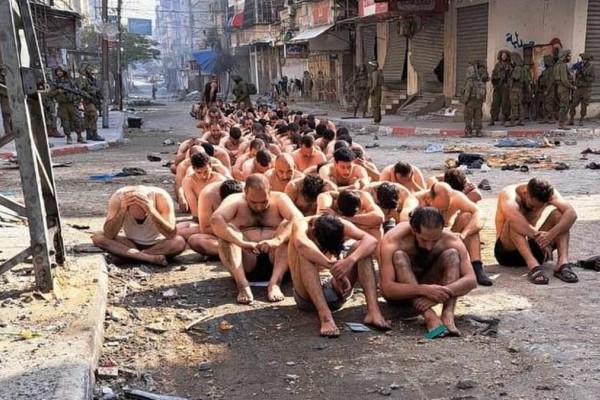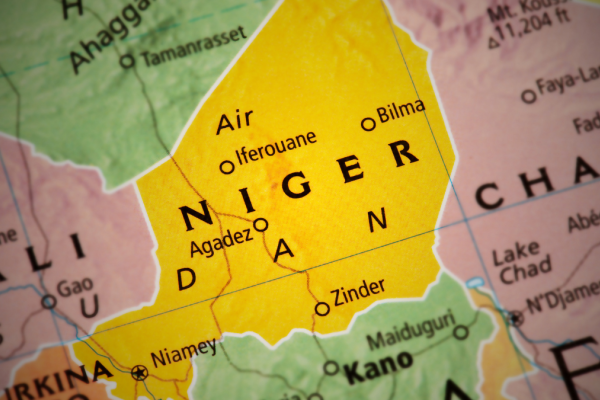-

Elites in the Global North are scared to talk about Palestine
Over the past six months, newspapers and television shows in the US have generally written about Israel’s genocidal violence using passive voice. Even on social media, the ax fell on key phrases; for instance, despite his professions of commitment to free speech, Elon Musk said that terms such as “decolonization” and phrases such as “from the river to the sea” would be banned on X.
-

There is no place for the Palestinians of Gaza to go
In Gaza, more than 70,000 housing units have been totally destroyed, and 290,000 partially damaged. In these three months of Israeli fire, a shocking 60 to 70 percent of structures in Gaza, and up to 84 percent of structures in northern Gaza, have been damaged or destroyed. Due to this domicide, there is no place for the Palestinians in Rafah to go if they go north.
-

The ‘no-state solution’ becomes more and more real as Israel’s permanent Nakba continues
Since 1948, Palestinian political movements and intellectuals have argued that the logic of the Israeli state has been to expel the Palestinians from the region between the River Jordan and the Mediterranean Sea. This policy of expulsion to create an ethno-religious Jewish State of Israel is what is meant by the “permanent Nakba.”
-

The everyday violence of life in occupied Palestine
Since the expulsion of the Palestinian Christians and Muslims and the arrival of European Jews, otherwise known as the Nakba, Israel’s legal apparatus has worked alongside paramilitary and military violence against the Palestinians to create a fantasy of an exclusionary ethno-nationalist state project.
-

The savagery of the war against the Palestinian people
Gaza is a ruin populated by nearly two million people. After Israel’s 2014 bombardment of Gaza, the UN reported that “people are literally sleeping amongst the rubble; children have died of hypothermia.” A variation of this sentence has been written after each of these bombings and will be written when this one finally comes to an end.
-

What’s happening in Niger is far from a typical coup
On July 26, Niger’s presidential guard moved against sitting President Mohamed Bazoum and conducted a coup d’état. A brief contest among the various armed forces in the country ended with all the branches agreeing to the removal of Bazoum and the creation of a military junta. This is the fourth country in the Sahel region of Africa to have experienced a coup.
-

Niger is the fourth country in the Sahel to experience an anti-Western coup
At three in the morning on July 26, 2023, the presidential guard detained President Mohamed Bazoum in Niamey, the capital of Niger. Troops, led by Brigadier General Abdourahmane Tchiani closed the country’s borders and declared a curfew. The coup d’état was immediately condemned by the Economic Community of West African States, by the African Union, and by the European Union.
-

The World Bank and the BRICS Bank have new leaders and different outlooks
The BRICS Bank is a young institution compared to the World Bank, but it has considerable financial resources and will need to be innovative in providing assistance that does not lead to endemic debt. Whether the new BRICS Think Tank Network for Finance will be able to break with the IMF’s orthodoxy is yet to be seen.
-

Cuba is not a state sponsor of terrorism
For two years, the Biden administration has maintained Trump’s vindictive policy, one that punishes Cuba not for terrorism but for the promotion of peace. Biden can remove Cuba from this list with a stroke of his pen. When he was running for the presidency, Biden said he would even reverse the harsher of Trump’s sanctions. But he has not done so. He must do so now.
-

Why America’s economic war on China is failing
Both the Republican Party and the Democratic Party are committed to a policy that will not cause China to surrender to the ambitions of the United States. Whether or not the US can backtrack from this policy orientation and begin a dialogue with China remains to be seen; doing so would be, of course, desirable.



